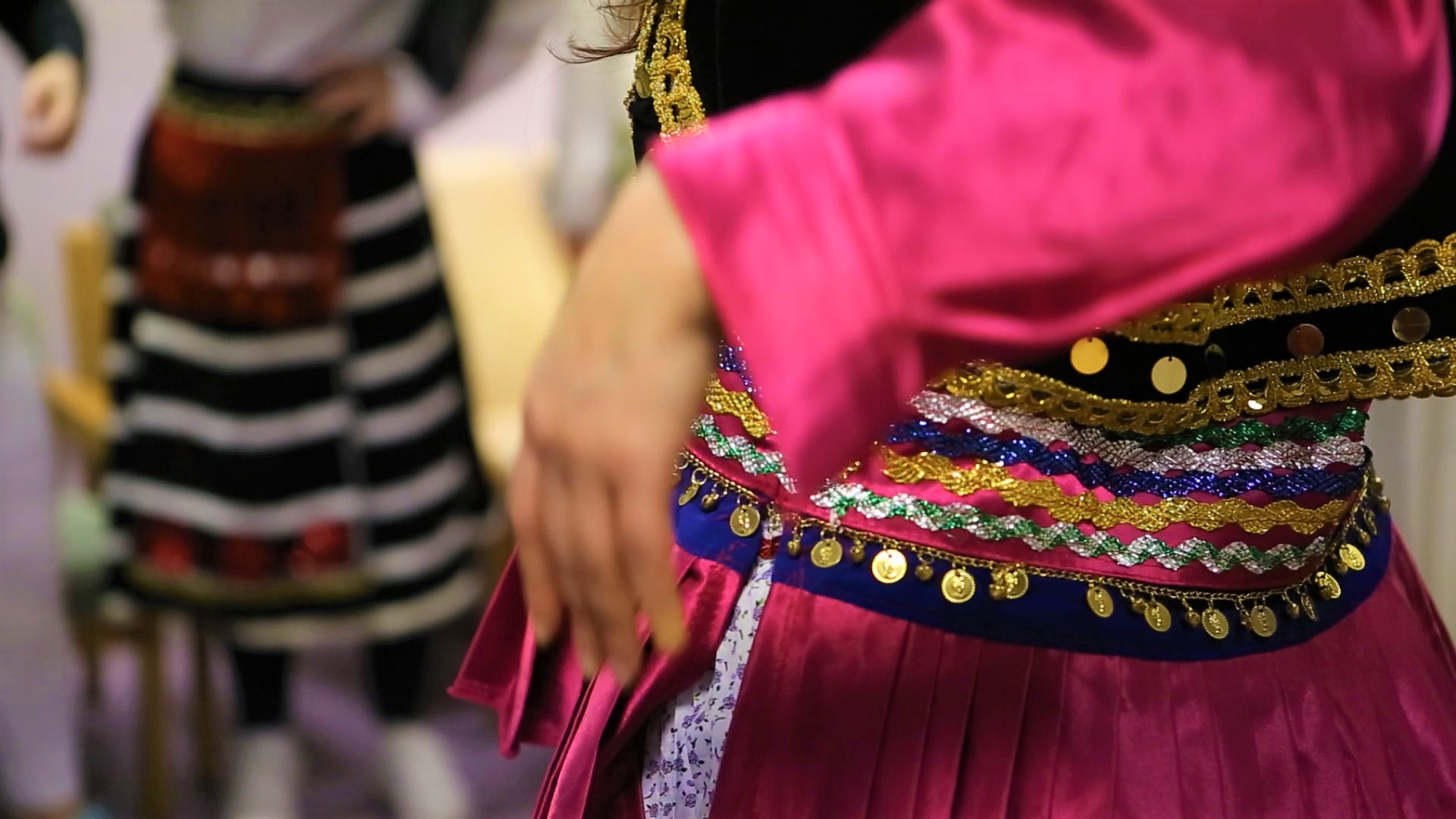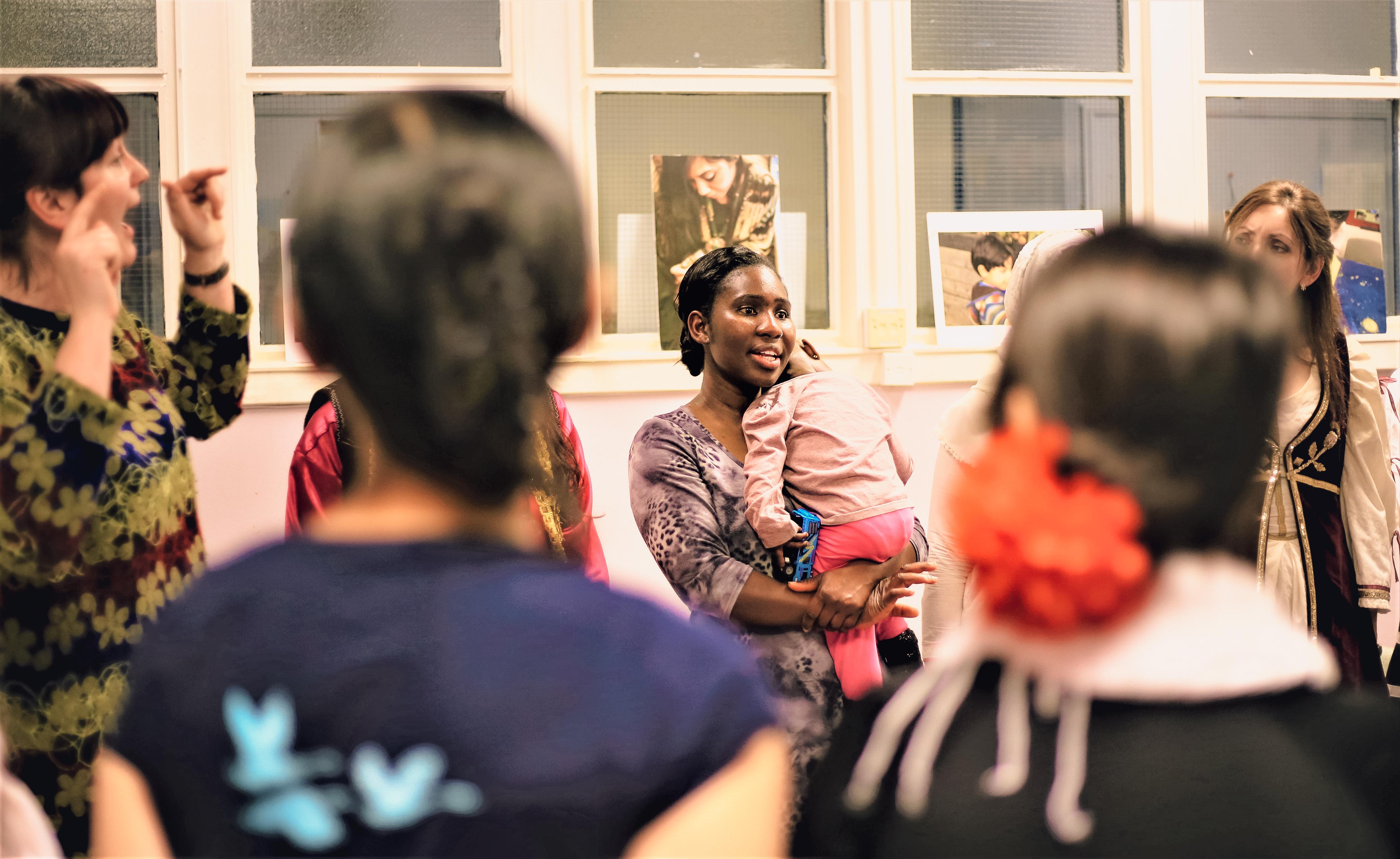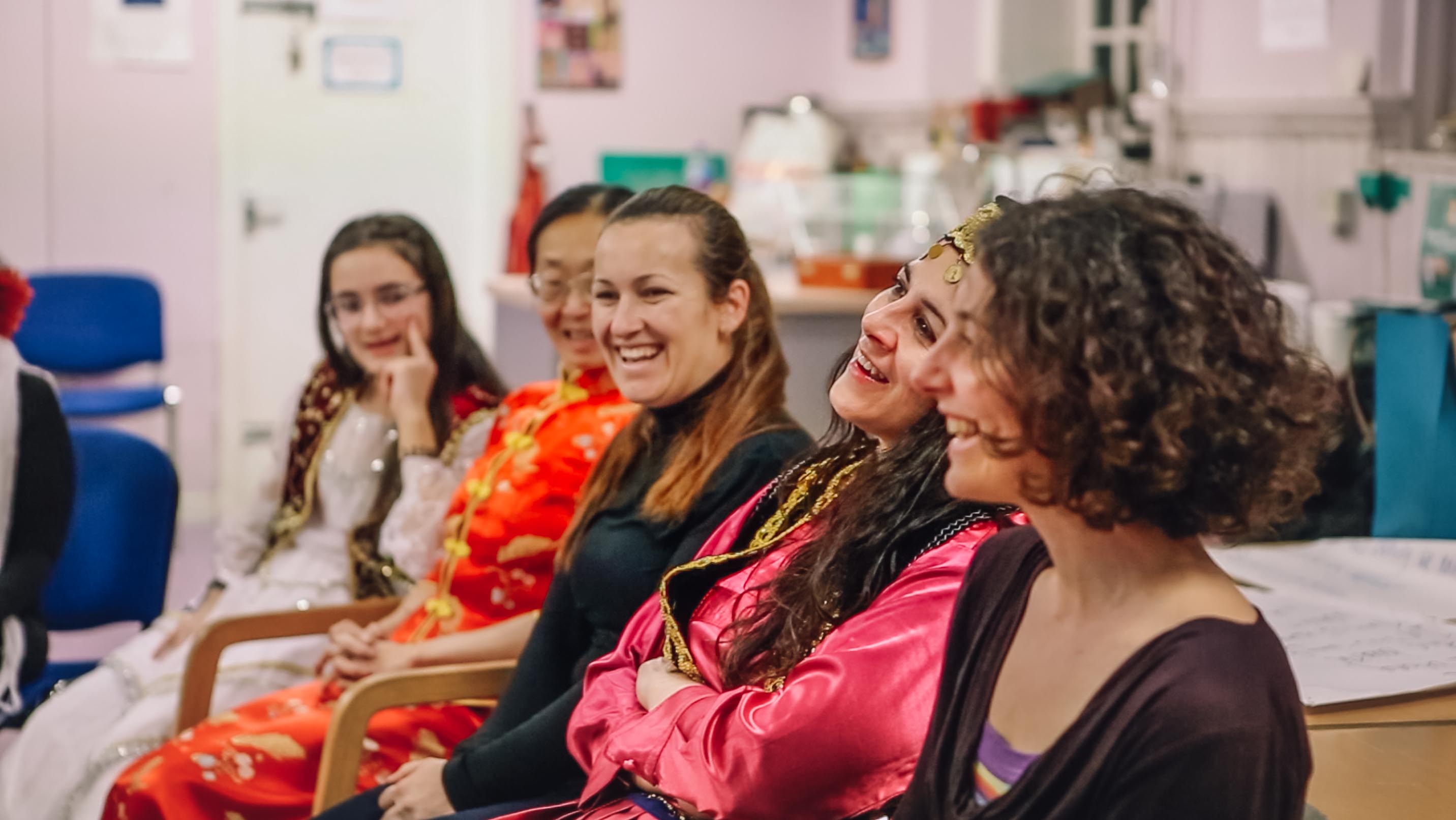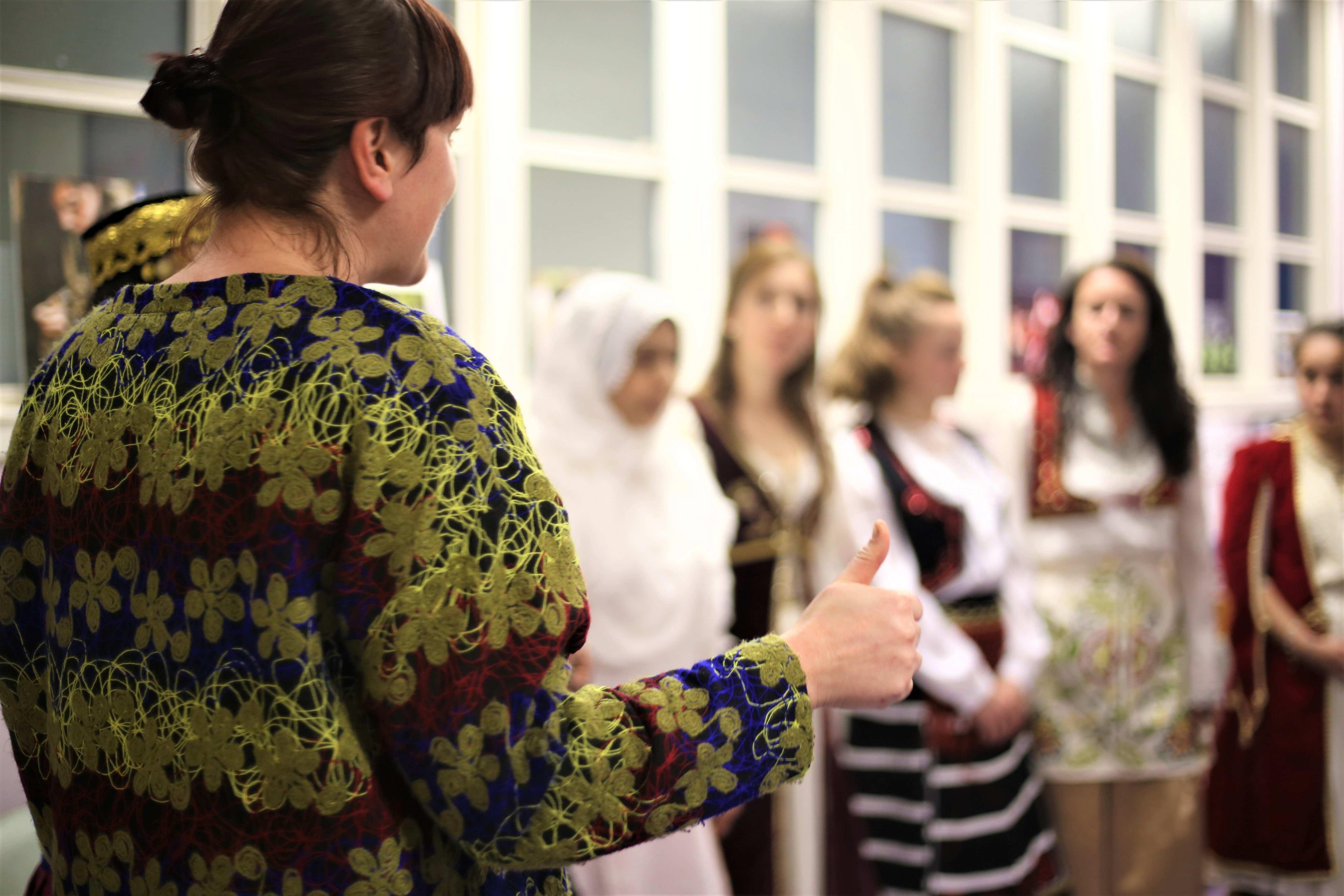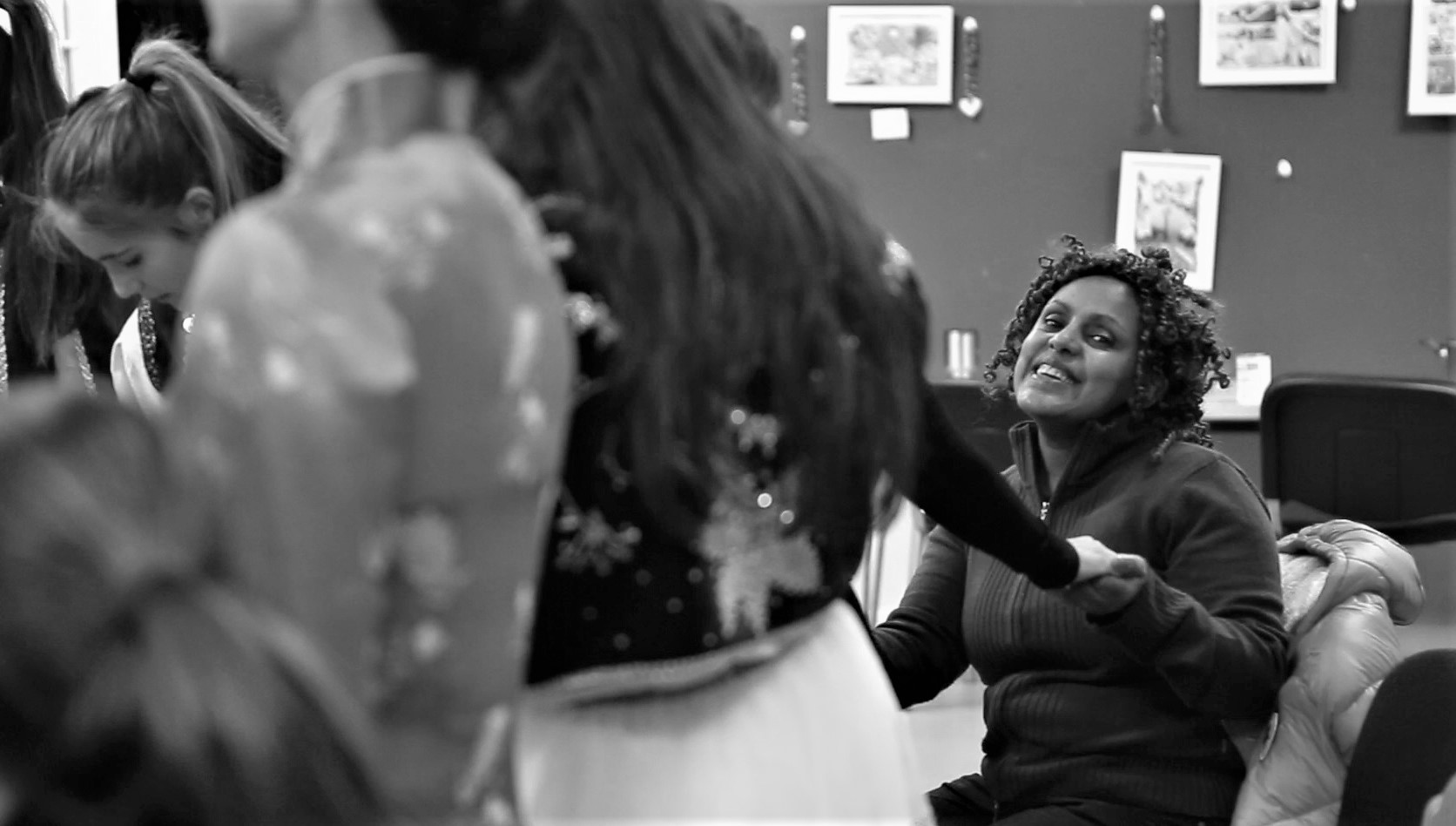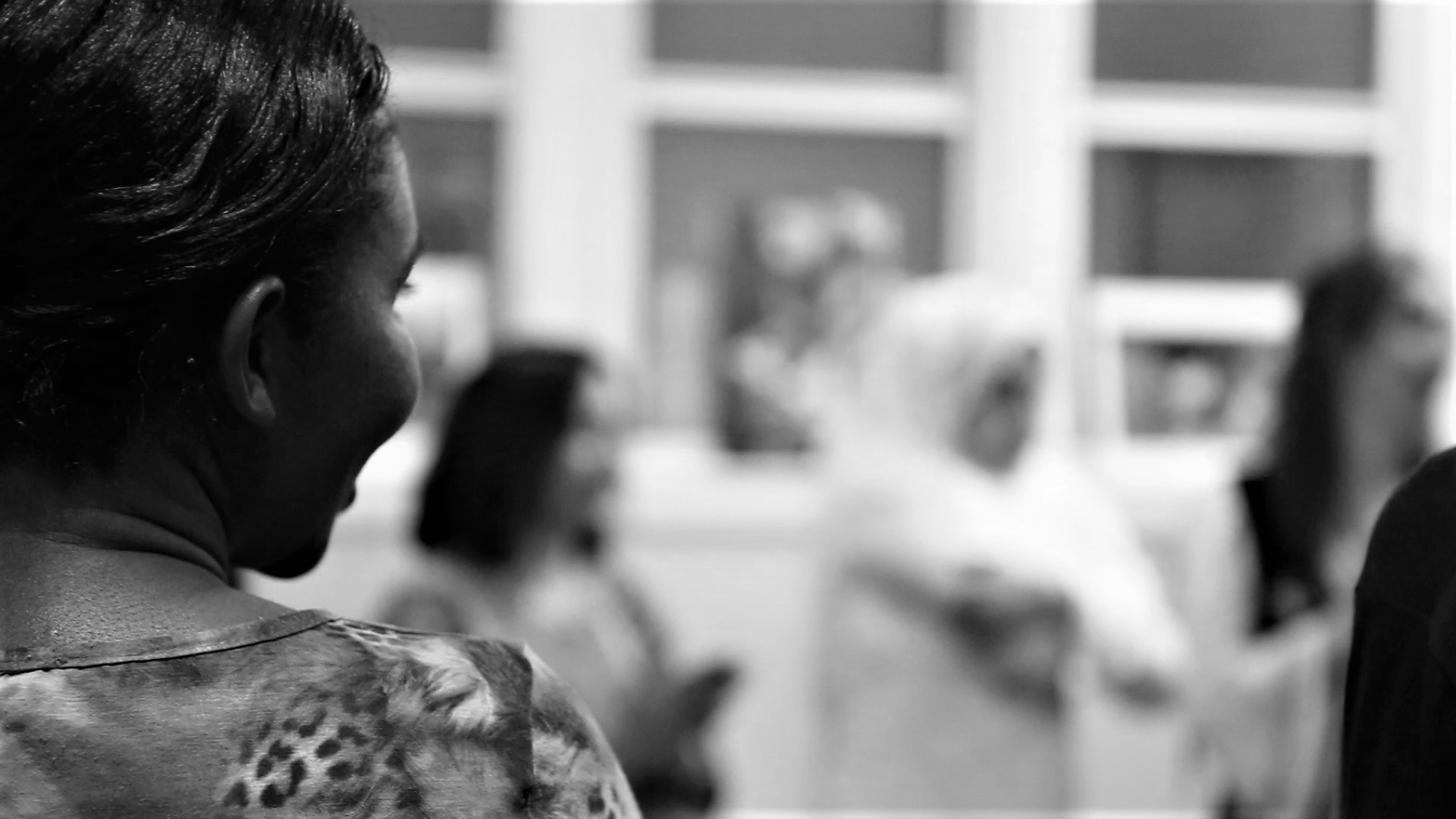“Oh we are women, and we are singing,” they chant. But this small group of some of Glasgow’s most vulnerable women are doing far more than just that.
The Joyous Choir, run by Maryhill Integration Network (MIN) is a colourful hub of nationalities and ages that belts out a cacophony of hope, a defiance of despair and a united voice for women often living in hidden silence.
Run predominantly for Glasgow’s female refugees and asylum seekers, the choir’s goal is to give a fleeting moment of uplift and activity from the destitution and isolation many travel across the city to escape from, if only just for two hours, once a week.
Glasgow has the largest number of asylum seekers in the UK (approximately 0.05% of the city’s population) all of whom are barred from working whilst they await their asylum decision from the Home Office.
While the financial constraints being denied work leads to are obvious, this loss of control, identity, purpose and wider social networks can lead to a further sense of despair and mental health issues for those seeking asylum in Scotland.
Statistics from the Mental Health Foundation show that asylum seekers are five times more likely to have mental health needs than the general population and more than 61% will experience serious mental distress, linked to both post and pre-migration.
Research carried out by the NHS Health Scotland Amaan project found this is exacerbated by the fact many face structural exclusion from society in general and are disengaged from their local communities and the mainstream supports available within them.
But this is where small projects like The Joyous Choir strive to make a difference. The choir is a welcoming, mentally rewarding respite for women who can find themselves in financial and emotional distress.
In more practical terms, it’s also an opportunity to improve English – another problem many refugees face when trying to get jobs once their asylum is granted.
Even though the authorities can end their right to be here, no one can stop them singing.”
Indeed, many with impressive careers and educations often find themselves in a continual job-hunt cycle, or in low-paid jobs as a result of language barriers.
Remijze Sherifi, director of Maryhill Integration Network, has first hand experience of life as a refugee driven from an established profession.
Previously working as a radio journalist in Kosova, she lost her job and almost her life as the Milosevic regime steadily tightened its grip on the Albanians who lived there in the 1990s.
She, her husband and her three sons were evacuated to Glasgow in 1999 and her career is now one fully focussed on helping others in her adopted city.
And, she believes, the escapism and therapy of the expressive arts are one of the best ways refugees and asylum seekers can be helped indirectly.
“We treat every single member of the Network as our equal partners, so we listened when our service users said they’d like to form a choir. It gives them a chance to forget their pain and to express themselves in a positive way,” she says.
“It was their initiative to come together to sing, empowering them to share their stories of pain, loss and love.
“It was later named the Joyous Choir because of all that it gives.”
And, she says, while many asylum seekers’ basic desires to work, integrate or have a permanent home are restricted, the ability to express themselves through song is something at least that cannot be taken away.
“Many of the women in the choir are in the process of asylum or waiting on their letters of deportation. It’s hard to keep hope and feelings of worth alive in these times,” continues Remizje.
“But the choir gives them a voice, and a chance to share the richness of their cultures with the Scottish people. It allows Scotland to see all the glory these people have in their spirit and soul.
“Even though the authorities can end their right to be here, no one can stop them singing.”
Women have said to me that this is the only good thing they get to do in their week.”
As well as being barred from working while they await their fate, asylum seekers are also banned from studying in higher education. Blocking so many defining aspects of personhood is something that keeps people in a permanent state of unrest and in-fulfilment and a continuing cycle of helplessness, says choir song leader, Cath Campbell. She believes the choir has become a lifeline because of this.
“A lot of the women have said to me that this is the only good thing they get to do in their week – one of the few things that allows them to feel happy and alive and valued,” she says.
“It’s certainly difficult for them to feel that very often given their situations.
“But what I find remarkable is that although everyone here is going through something, by the very action of coming in and the motivation to participate in the choir, they show it won’t let it defeat them or their spirit.”
The choir has around 20 members, many of whom have fled war, the threat of murder, arranged marriages or human trafficking.
But songs of solidarity, friendships, freedom and dreams visibly combat these experiences and help empower the women into happiness.
“We know that singing is good for our physical health, but in this case, its most important benefits for the women are unity and positivity,” says Cath.
“Over the course of a session, I reflect on this change, because women will come in, often looking like they’ve got the weight of the world on their shoulders.
“You can see it physically, the look of worry on their face, the way they’re looking at you, their body language.
“Then at the end – after singing these powerful songs – you can see they’re much more open, they’re smiling and really engaged.”
The award-winning choir have performed at festivals, local and national events, with a small number performing at the Theatre Royal in Glasgow alongside 100 opera singers from across the world.
Their next public performance will be at The Hub in Edinburgh, with plans for other shows throughout 2019.
It’s really opened my eyes to the differences but also the similarities between us all.”
But it’s the weekly sessions themselves that seem to have the most impact on members.
For Anastasia, who has Pakistan and Roma heritage, finding the choir amongst negativity and intolerance she was facing felt like coming home.
“I was feeling really deflated and I knew I had to do something positive and productive to combat it, so I joined the choir,” she says.
“When I sing with the women, I feel so uplifted. It helps create a release of positive and negative things I’ve been feeling.
“When life is heavy it just lifts you up and because it’s in the collective, the group energy is so powerful. It just feeds my soul.”
Although many of the women are attempting to integrate themselves into Scotland and life here, the choir group also allows them to experience the backgrounds of people from a wide range of countries while uniting in their combined experiences.
For Boatemaa from Ghana, it’s this fusion of cultures that she most enjoys about being part of the choir:
“Although I can’t really sing, I love being a part of such a diverse group of people and singing songs from so many different places.
“All the songs have a background, so it’s really opened my eyes to the differences but also the similarities between us all.”
Indeed, these similarities are what the Maryhill Integration Network builds its core values on.
And as Remjzie says, what she and the rest of the MIN staff offer is an “extended family” that intends not just to help asylum seekers survive, but to feel alive.
In simpler terms, it offers something educational, expressive and constructive to occupy their minds and help define themselves by, when all official routes to this are barred.
While a little choir can’t grant people their physical asylum in Scotland, at least, for just a couple of hours a week, it grants a mental refuge. And in a world of unpredictability and lack of stability, it provides one small, indisputable certainty: Joy.
The Joyous Choir, 6 February 2019, The Hub, Edinburgh
www.maryhillintegration.org.uk
All images and film by Megan McEachern

Enjoy the convenience of having The Sunday Post delivered as a digital ePaper straight to your smartphone, tablet or computer.
Subscribe for only £5.49 a month and enjoy all the benefits of the printed paper as a digital replica.
Subscribe